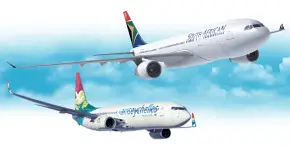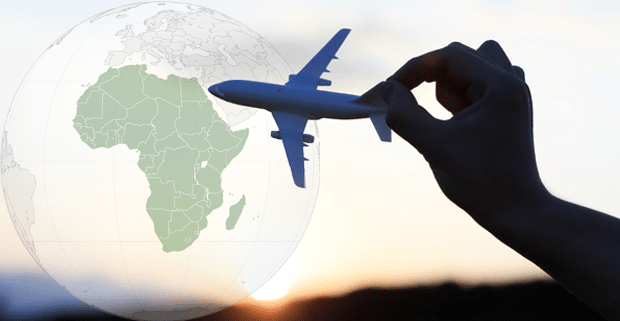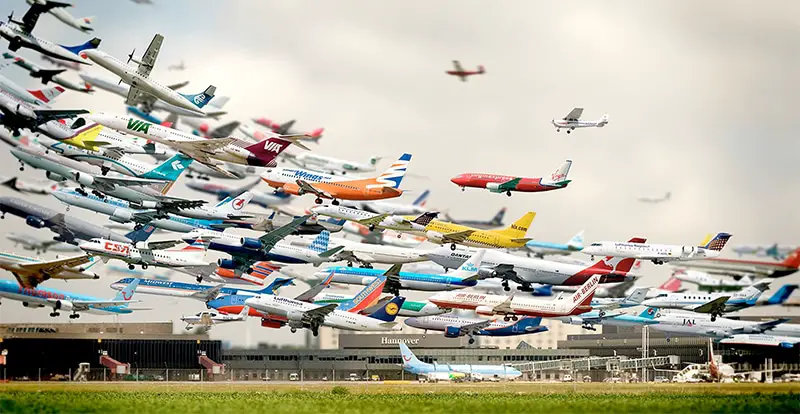Comair launches High Court SAA challenge
Comair’s High Court legal challenge to the R5-billion government guarantee to South African Airways (SAA) aims to ensure that government will provide funding to SAA only after consultation with all affected stakeholders and in accordance with government’s Domestic Aviation Transport Policy, writes Des Langkilde.
Official government policy and legislation are in place, which govern the operation of SAA as a state-owned entity and its competitive relationship with the rest of the aviation industry. Comair states that the current and previous bailouts, which now amount to over R11-billion, do not comply with either the Domestic Aviation Transport Policy or the law (the Constitution, the SAA Act, the Promotion of Administrative Justice Act and the Public Finances Management Act).
“We regret that we have had to resort to legal action to achieve compliance and have not done so lightly. However, we have no other recourse,” says Comair CEO, Erik Venter.
“Comair’s action, is NOT a challenge to stop all funding of SAA; nor a proposal to privatise, nor challenge the shareholding of SAA; nor an attempt to shut down SAA. Our sole objective is to attain a level playing field in the domestic aviation market to ensure that all airlines face the same risks and the same requirements to operate on sound commercial principles. By receiving government bailouts SAA avoids this commercial reality and this negatively impacts on all current and potential airline operators” says Venter.
According to economist and aviation expert, Joachim Vermooten, the R5-billion guarantee enables SAA to artificially increase its scope of operations and sustain losses as a result of not operating on a commercial basis, as is required by existing National Government policy. “Government subsidies and interventions distort any market; the results in the domestic airline sector have been catastrophic with the demise of 10 out of 11 independent, private airlines since deregulation in 1991, with the latest casualty in November 2012. Fair competition is essential to achieve market-related ticket prices, product innovation and consumer choice,” explains Vermooten.
Speaking at a business breakfast in Midrand on 18 March, Public Enterprises Minister Malusi Gigaba said that, given the pending (Comair) court challenge, he wanted to state that SAA was a government company and the government had a right to participate in the economy.
“Much has been said about the extent of support that SAA has enjoyed from the fiscus over the past ten years. However, the key question that still requires assessment is whether SAA has been properly capitalised in the first instance,” Gigaba said.
Gigaba said that although SAA had incurred losses, those resulted from historical problems which the new long-term strategy, due to be finalised at the end of March, should address.
“Comair appreciates the announcement of a SAA turnaround strategy, however Comair is concerned that there have already been eight prior plans, and that this one has a 20-year time horizon. This is unacceptable in an industry where private capital competes with a state-owned enterprise. Comair cannot afford to see this plan unfold over another 20 years. A 20-year plan would furthermore absolve anyone of ultimate responsibility to deliver the entire plan,” says Venter.
Azar Jammine, the chief economist at Econometrix, says that while the general consensus is that SAA needs to be totally privatised, the problem is that, if put in the hands of the private sector, the operators of the airline might not be interested in flying to regions where there is not enough traffic, while at the moment SAA fulfills that role by linking small towns and regions that might not be viable from an economic point of view.




